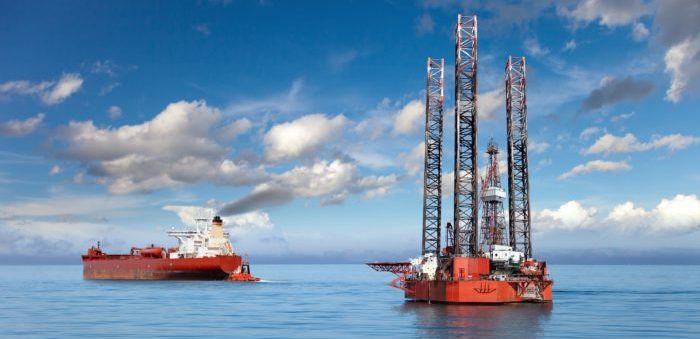The NGO Shipbreaking Platform and other stakeholders highlighted at the EU the weakness of the Ship Recycling Regulation (SRR), stressing specifically the paradox between the strict rules under OSPAR, for the decommissioning of fixed oil platforms from the North Sea, with the rules that govern the recycling of floating platforms and structures, as the latter fall under the same rules as commercial ships, and would therefore have to follow the EU SRR.
This paradox was outlined at a joint event between the European Economic and Social Committee (EESC) and three Green Members of the European Parliament, where the European Institutions stressed that the SR regulation needs to be coupled with a financial incentive to curb the trend to flag out and circumvent the legislation. A financial incentive would also be an opportunity to steer the market towards proper recycling yards included under the EU list of approved facilities.
NGO Shipbreaking Platform pointed out that there are a growing number of unutilised and obsolete floating oil and gas structures which have been operating in the North Sea. These structures are effectively floating industrial plants, which need to be dismantled using the highest standards of precaution, many containing asbestos and residues of naturally occurring radioactive material (NORM).
So far, assets from the North Sea have not ended up on the South Asian beaches with the infamous exception of the FPSO tanker NORTH SEA PRODUCER.
“Yet the NGO Shipbreaking Platform has observed more structures from other oil fields being towed across the globe to be beached in South Asia for dirty and dangerous scrapping. There is a real concern that we will see more rigs and oil and gas assets ending up there, and cash buyers, such as GMS, and marine service providers, such as Aqualis, have had no shame in their efforts to attract the owners of these structures to sell them to the beaches”, said the NGO.
On 22 June, the EESC hosted a conference attended by the members of the CCMI committee, where it became clear that there is a real business case for Europe and the regions with a recycling capacity to be promoted through a financial incentive. There are even foreign investments that are being made in Denmark to cater for the increased need to decommission the structures from the oil and gas fields in the North Sea. Trade unions also back the movement in support of a financial incentive which would boost the decommissioning and recycling industry and protect highly qualified jobs in a heavy industry.
The widespread sentiment was that public support for a responsible and proper recycling industry which is in compliance with the EU SRR, provides for an opportunity to invest in green jobs, cleaner technology and R&D, all in line with ambitions for a circular economy.
“Most ship owners still do not see themselves as participants in finding sustainable solutions to cleaning up the recycling of their assets, which ultimately should be their responsibility. On the up side, all other participants and speakers, including the EU Commission, acknowledged the positive effects and the added value in ensuring that floating rigs and ships are recycled in EU-listed facilities.”






























































